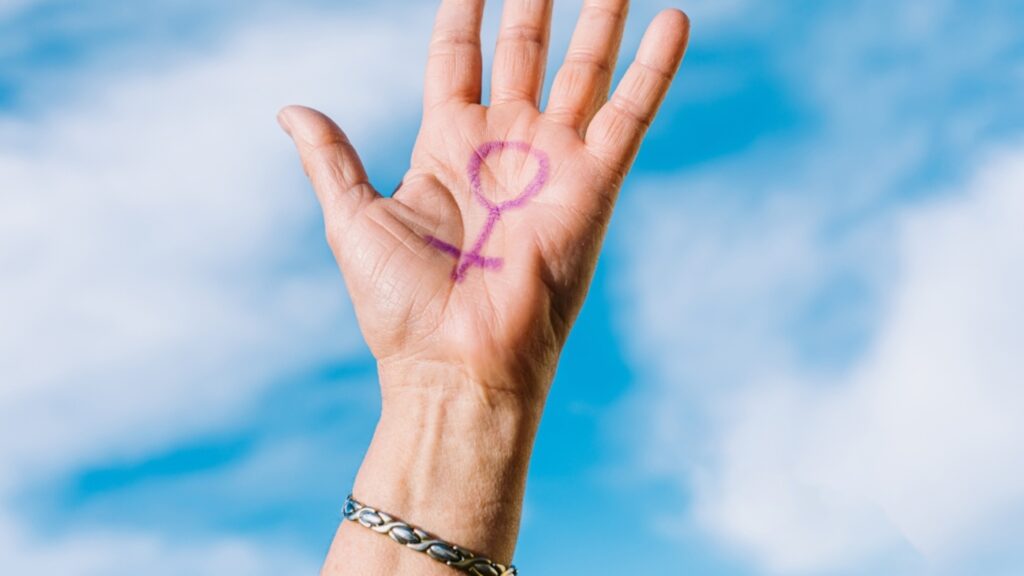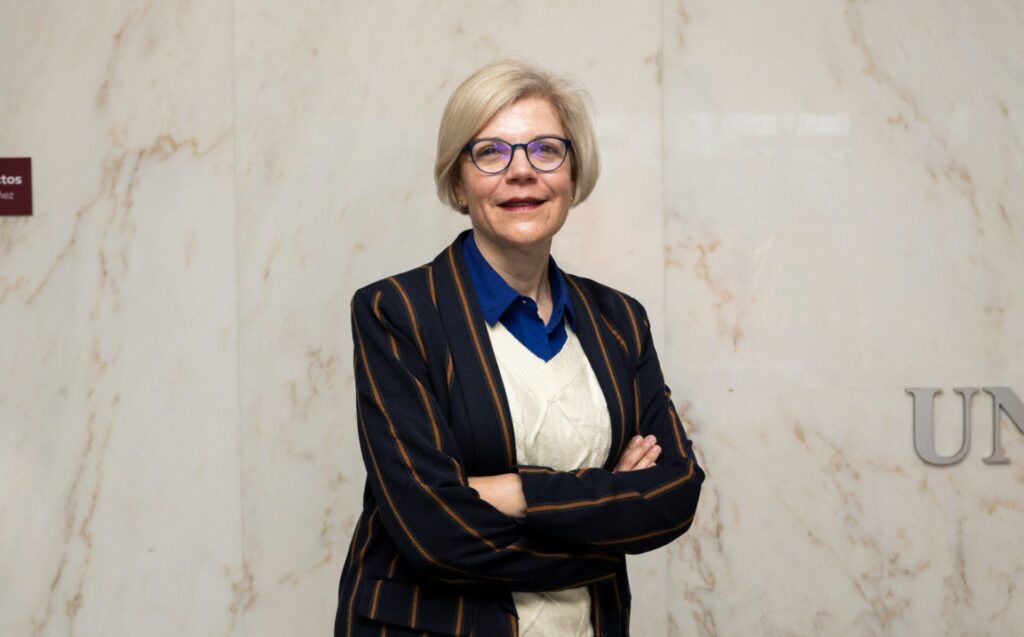The Future of Feminism
Translated by Conchi Fuentes.
For a while now we have been warned of the existence of a cultural change that is underway, however not so much has been said about the speed and intensity of that change. At least, regarding criticism of patriarchy, things seem to be going very fast mainly due to networks that provide a great global amplification.
It is in this framework that we can place the feminist call to paralyze the world in line with the celebration of International Women’s Day. A date that was being drowned in bouquets of flowers and pats on the back, is newly invigorated. On, March 8, the economic systems of more than 150 countries saw if it was possible to emulate the example of that same date in 1975 when women in Iceland went on strike.
The expectations generated were preceded by recent events such as allegations of sexual harassment and abuse ingrained in Hollywood, giving rise to the #Metoo movement, as well as the response to this by a group of French intellectuals led by Catherine Deneuve . This generated a heated debate about the boundaries between the freedom to pester and the right to not be disturbed. Added to this was the effect of Iceland’s announcement to take the wage gap seriously, declaring it illegal as of January 1 2018. Prior to this, the Women’s March in the United States, replicated
around the world, to tell Donald Trump that his ultraconservative agenda and attack against women’s rights and civil rights in general, would not be accepted. If we go back further, we must also consider the uneasiness caused by the impacts of the international financial crisis in 2008, when tax cuts were unleashed in areas of women’s conquests in a welfare state that was believed to be immune to setbacks.
There is an underlying, sickening factor in the feminine refusal to clean bathrooms for a day, as a sign that the productive sphere needs the support of the reproductive element, which can be seen as the rebirth of a “fourth wave” feminism. This also announces a growing polarization, abandoning the plurality that was the basis of its strength. The convergence of different aspects of feminism that fled from reductionism is replaced by a postmodern one, labeled by some as “populist” and selective, which accentuates differences as its motor of identity versus another of a more liberal nature that, as Aurora Nacarino-Bravo points out, proposes citizenship and universalist values related to the Enlightenment, as the basis for a common identity. It represents a return to the origins of feminism and does not fear the challenge to “political correctness”. We shall have to wait and see what happens, all this could redefine the feminism of the 21st century.
Original source (spanish): La Tercera 08/03/2018



